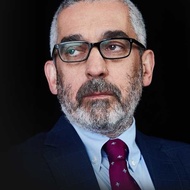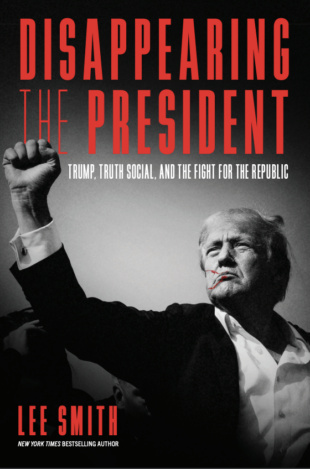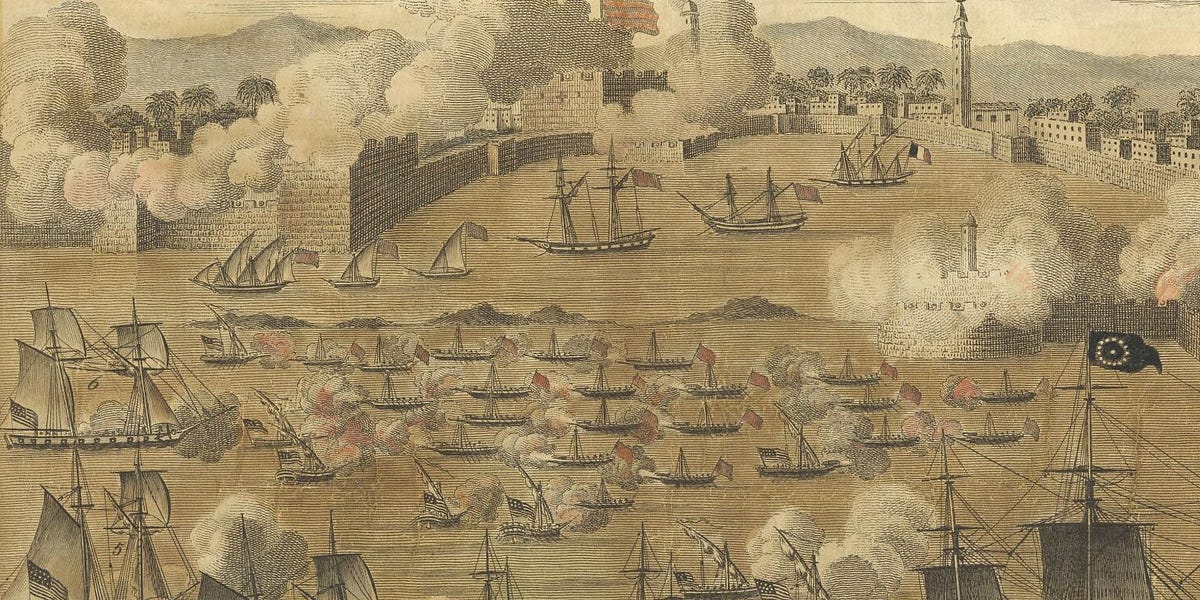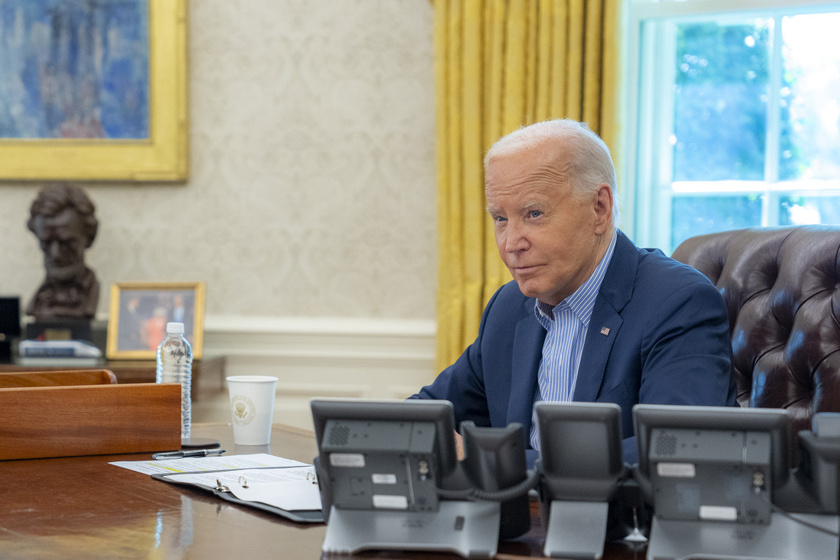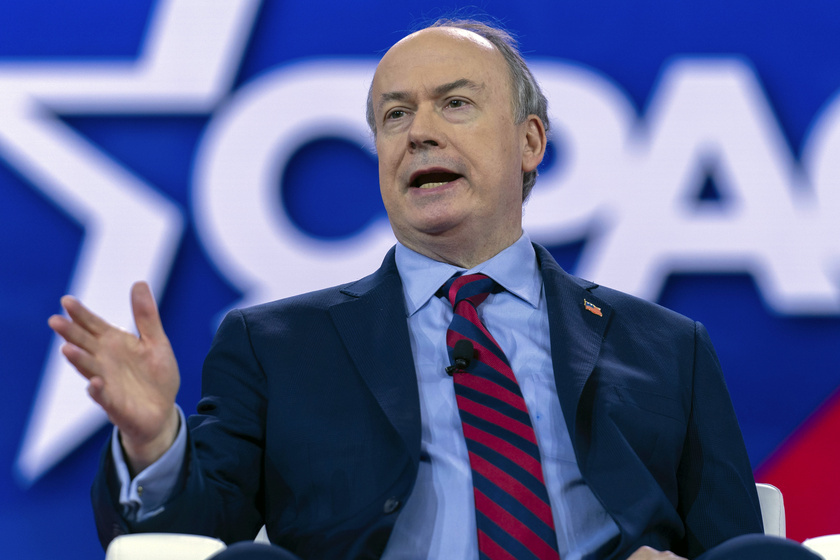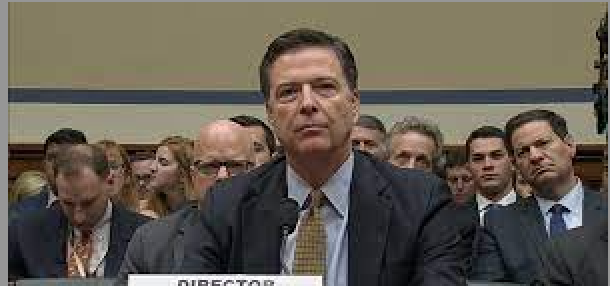
Special Counsel John Durham’s just published report shows that former FBI director James Comey and his deputy Andrew McCabe led the Bureau’s efforts to interfere in the 2016 election. Now Republican Senators Charles Grassley and Ron Johnson want to know why Durham failed to interview them and other former top law enforcement officials for his investigation of crimes and abuses arising out of the 2016 election campaigns.
In a May 23 letter to Durham, the two senators noted that “several high-level former government officials directly involved in Crossfire Hurricane either declined or partially declined to cooperate with your investigation.” Grassley and Johnson asked for information explaining how these “individuals would be allowed to avoid fully cooperating with your office, particularly given your authority to compel testimony and records.”
By comparing Durham’s investigation to Special Counsel Robert Mueller’s, the letter indicates that the senators find the former’s efforts wanting. In two years of investigating President Donald Trump and his aides for the purpose of furthering the Russia collusion narrative and covering up US government crimes and abuses, Mueller issued more than 2,800 subpoenas and executed nearly 500 search warrants. During a four-year probe that was hoped to hold US intelligence and law enforcement officials accountable for interfering in the 2016 vote and plotting against the chief executive, Durham served less than 200 subpoenas and executed seven search warrants.
Among the others who snubbed Durham’s interview requests are FBI agents Peter Strzok, Bill Priestap, Kevin Clinesmith, as well as Glenn Simpson, co-founder of Fusion GPS, the Hillary Clinton campaign contractor that paid an FBI informant to produce reports alleging Trump’s ties to Russia.
The senate letter asks Durham if these figures were subpoenaed, and if the Justice Department impeded his “investigative activities.”
“It’s astounding that Durham did not pursue depositions,” says Derek Harvey, a former congressional investigator who worked on former House Intelligence Committee Chairman Devin Nunes’ investigation of the FBI and CIA's role in the anti-Trump plot. “The only reason I can imagine that he didn’t get depositions is because the FBI and DOJ continued to shelter the bad actors and obfuscate and impede Durham’s investigation. You can only imagine the skullduggery within those departments.”
Durham’s report shows that the FBI’s two top officials supervised the Bureau’s election interference efforts, conducted under the color of a counterintelligence investigation. According to Durham’s report, Crossfire Hurricane was opened by Strzok at the “direction of Deputy Director Andrew McCabe.”
Comey, according to the report, “was getting daily briefings” and “was intimately involved with the team that was working the case.” It was "a top priority for Director Comey.”
With delays in securing the Foreign Intelligence Surveillance Act (FISA) warrant that would allow the FBI to spy on the Trump campaign, McCabe “asked who the FBI needed to speak with at DOJ ‘to get this going.’" Comey was also impatient, repeatedly asking McCabe "where is the FISA, where is the FISA? What's the status with the … FISA?" According to the report, “the FISA was something McCabe definitely knew Comey wanted.”
FBI lawyer Kevin Clinesmith helped secure the FISA by falsifying a CIA email showing that the subject of the warrant, Trump aide Carter Page, had been an Agency source. The fact that Page had worked with US intelligence services against a foreign threat would disprove the FBI’s contention that Page was acting on behalf of the same foreign power. Thus, to obtain the FISA allowing them to spy on Page and sweep up the Trump team’s electronic communications, Clinesmith changed the email to read that Page was not a source.
Durham’s 300-page report also shows that Clinesmith knowingly misrepresented the CIA information to other FBI agents to obtain the spy warrant. In other words, Clinesmith tampered with evidence showing that FBI leadership never believed that Trump or his aides were in league with Russian officials.
In August 2020, Durham brought relatively mild charges against Clinesmith, a slap on the wrist that left many with the hope that the career prosecutor had turned the FBI lawyer into a witness willing to testify against Crossfire Hurricane ringleaders. Grassley and Johnson are among the many Americans surprised to find that after Clinesmith declined to be interviewed, Durham did not issue a subpoena to compel his testimony.
